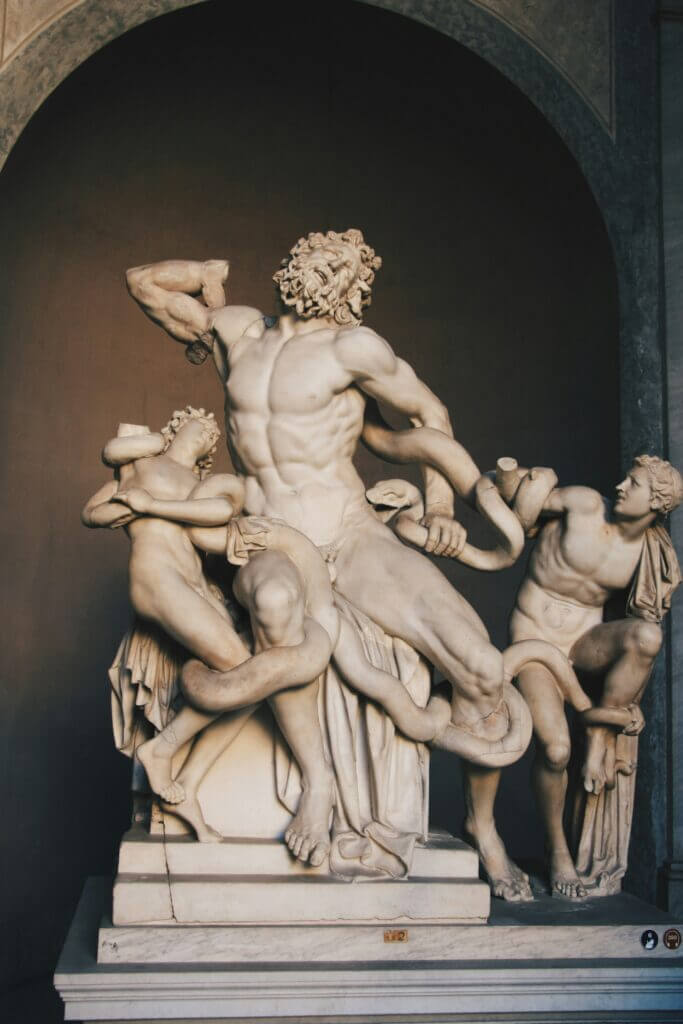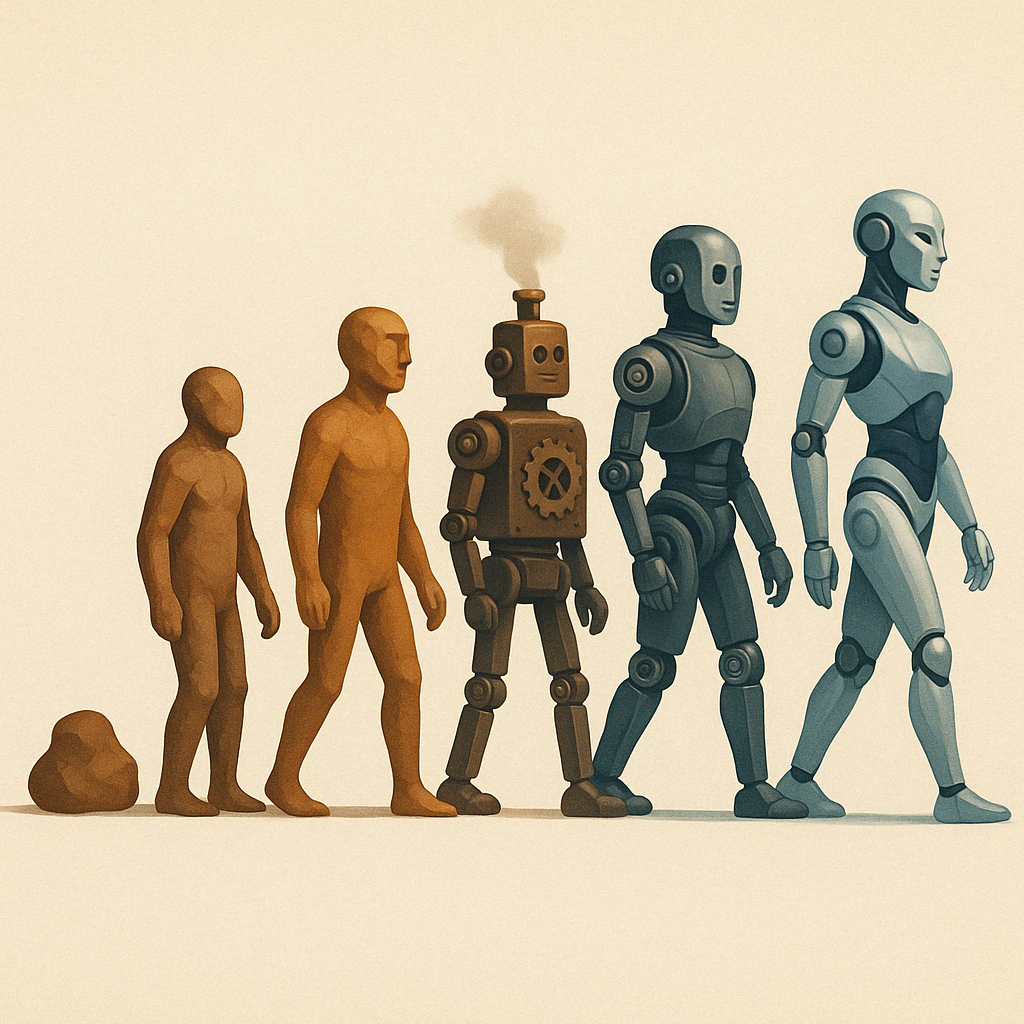Over the past year, with Brexit and Donald Trump’s US presidency providing the coordinates, too many have argued that the West is unwittingly plotting its own downfall. Some talk as if we’re heading back to the 1930s, while others are busy predicting the catastrophe to come. A bit of historical perspective is dearly needed here, which is why this month the spiked review spoke to Arthur L Herman, a senior fellow at the Hudson Institute, and the author of eight books, including the New York Times-bestselling How the Scots Invented the Modern World (2001); the Pulitzer Prize finalist Gandhi and Churchill (2008); and, perhaps most interestingly for the purposes of this issue of the review, The Idea of Decline (1997). Herman, as we discover, is no Pangloss. Yet his analysis of the rise of declinism shows that it is not decline itself that is the problem, but the perception of decline.
spiked review: What do you make of the analogies many seem quick to draw between the present moment in America and Britain and the rise of fascism during the 1930s? And why is this declinist vision, in which the world is supposedly sliding towards a political and social catastrophe, so prominent among certain sections of society?
Arthur Herman: I’m always amazed when people who are absolutely ignorant of history throw around comparisons between today and the 1930s, when they know nothing about why the 1930s were the breeding ground for the most catastrophic war in history, first in Asia between China and Japan and then in Western Europe, with the United States and Russia dragged in. It’s vital to remember that at the time the world was still reeling from the global war it fought in 1914-18, the worst and bloodiest in history; and it had suffered from a global depression in 1930-2 that makes the 2008-9 financial meltdown look like a walk in the park by comparison. Plus, you still had the reverberations from the collapse of three of the world’s most extensive empires: the Ottoman, the Habsburg, and the Romanov, as well as China, which had been enduring an extended collapse for more than half a century – the 1920s finally pushed it over the edge.
It was a world in which men (and women) felt they had to grasp for any last straw, whether it was fascism or Communism, or appeasement or isolationism (in the United States’ case). Their leaders were scared and their intellectual elites were in a general funk. That last is the only point of real comparison with our own time. Today’s intellectual leaders have largely betrayed the trust their fellow citizens have given them, and have disappeared down the rabbit hole of linguistic distinctions and multiculturalism and climate change. Very sad – and dangerous.
Read More at "Spiked Online"







